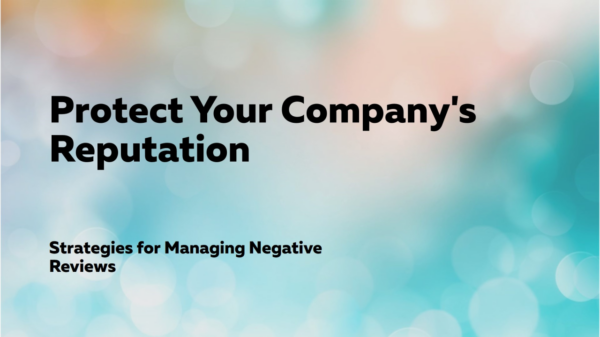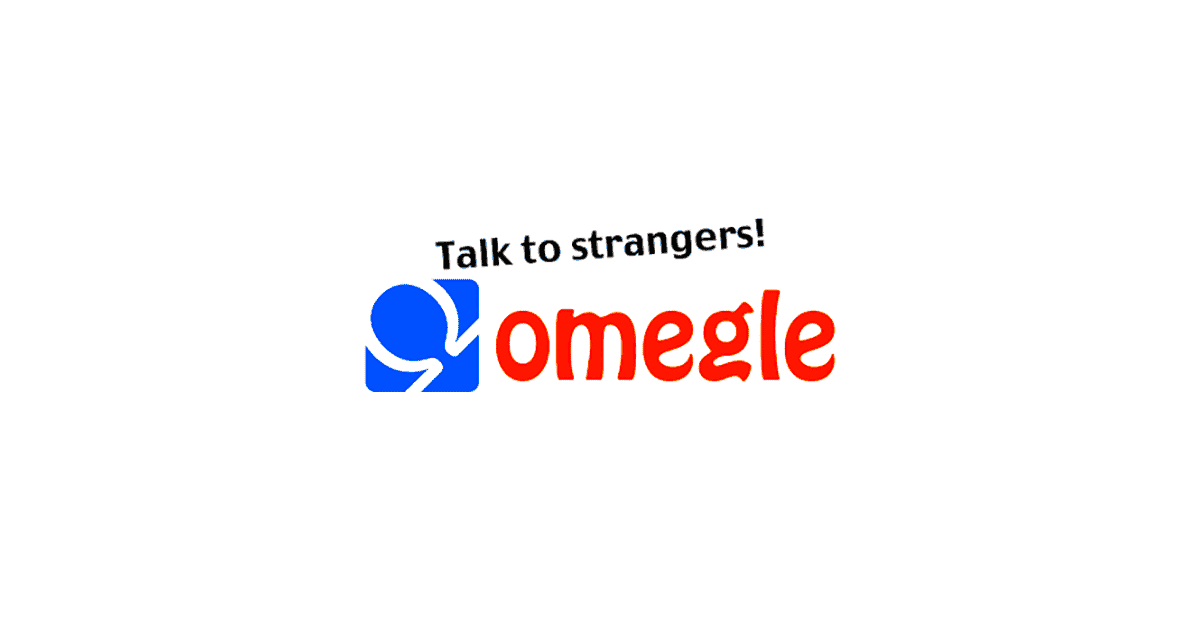Introduction
Online reputation management (ORM) involves monitoring and influencing how an organization or individual is perceived online. This includes various strategies to manage information and address negative feedback to improve public perception. ORM is essential for charities and similar organizations, as it helps build trust and credibility among donors, volunteers, and the communities they assist. In today’s digital age, possible supporters often rely on online reviews and social media to shape opinions about an organization.
A negative online reputation can significantly hinder fundraising efforts and community engagement. Therefore, efficient ORM strategies, such as monitoring online mentions, responding to feedback, and promoting positive content, are essential for maintaining a favorable image and fostering lasting relationships with stakeholders. By prioritizing ORM, organizations can protect their reports and raise their profile and impact on the community.
Understanding online reputation management
ORM is a strategic approach that involves monitoring, influencing, and controlling how a system or individual is perceived on the Internet. This process encompasses a variety of techniques for managing online information and addressing negative feedback or reviews.
ORM is indispensable for charities, as a prescribed online reputation can significantly raise trust and credibility among donors, volunteers, and the communities they serve. The ORM process typically includes several key components: monitoring online mentions, responding to feedback, promoting positive content, and utilizing search engine optimization (SEO) techniques to improve visibility.
According to ReputationX, a very efficient ORM involves addressing negative comments and proactively creating and disseminating positive narratives that align with the organization’s values and mission. This holistic approach is essential in today’s digital landscape, where potential supporters often rely on online reviews and social media to form opinions about an organization.
By implementing a robust ORM strategy, organizations can establish themselves, enhance their profile, and increase their impact within their communities. A well-managed online reputation can improve presenter relationships, increase fundraising opportunities, and achieve overall success.

Image Copyright © The Business Guardian
The Role of Trust in Nonprofit Success
Trust is a cornerstone of success for really kind organizations, influencing every aspect of their operations, from fundraising to community engagement. According to research published by the Nonprofit Quarterly, combining fosters trust among stakeholders, including donors, volunteers, and the communities served.
When these organizations promote transparency and accountability, they enhance their credibility, which is indispensable for attracting and retaining support. Building together involves uniform communication and the demonstration of very honorable practices. Organizations should share their mission, financial entropy, and impact stories to illustrate their effectiveness and commitment to their cause.
The Give.org Donor Trust Report highlights that many donors consider transparency a decisive factor in their gift decisions. Moreover, organizations that prioritize trust are better positioned to pilot challenges and seize opportunities, leading to sustained impact.
As noted by FIC Human Resource Partners, trust enhances presenter loyalty and strengthens community relationships, allowing these organizations to accomplish their missions more effectively. In an era of prevalent skepticism, fostering trust is not just good; it is indispensable for long-term sustainability and success.
Enhancing visibility and awareness
Visibility is crucial for sympathetic organizations, as it impacts their power to appeal to donors, volunteers, and community members. A system can only garner support if people know its existence and commission. Effective visibility strategies include engaging with local media, participating in community events, and utilizing social media platforms to share impactful stories and updates.
One efficient approach is starting conversations relevant to the organization’s cause. According to The Storytelling Nonprofit, actively participating in discussions—whether through social media, public forums, or local events—can significantly increase an organization’s visibility. This proactive engagement raises awareness and positions the organization as a thought leader in its field.
Collaborating with other organizations can also raise their profile. Partnerships allow charities to tap into really new audiences, as demonstrated by successful initiatives where organizations co-host events or campaigns. Elevation Web emphasizes that leveraging local events, such as fairs or festivals, can provide a program to connect directly with possible supporters.

Image Copyright © The Business Guardian
Attracting donors and supporters
Attracting donors and supporters is essential for the success and sustainability of sympathetic organizations. By implementing excellent strategies, these organizations can establish a solid donor base and secure the necessary resources to achieve their commission. Here are some critical approaches to attracting donors and supporters:
Telling Compelling Stories
Storytelling is a powerful tool for connecting potential donors and supporters. Charities can emotionally connect with their audience by sharing impactful stories that illustrate the organization’s process and the difference it makes in people’s lives. These stories should be reliable and relatable and highlight the tangible outcomes of donations.
Leveraging social media
Social media platforms are an effective way to reach a broad audience and showcase the organization’s work. Organizations can attract new supporters and donors by consistently posting engaging content, interacting with followers, and running targeted campaigns. Platforms like Facebook, Instagram, and Twitter allow charities to share stories, updates, and calls to action that inspire people to get involved.
Hosting fundraising events
Organizing fundraising events is a great way to bring together supporters, raise awareness, and generate donations. Depending on the organization’s resources and target audience, these events can range from really small gatherings to large-scale galas. Successful events often feature compelling speakers, interactive activities, and opportunities for donors to connect with the organization’s mission.
By implementing these strategies and continuously engaging with potential donors, organizations can establish a hot and loyal booster home that helps them reach their goals and impact their communities.
Managing negative feedback and reviews
Managing negative feedback and reviews is indispensable for sympathetic organizations, as it impacts their reputation and relationships with stakeholders. Negative comments can arise from various sources, including dissatisfied donors, volunteers, or beneficiaries. According to Reputation Sciences, organizations must respond proactively to negative reviews by addressing the issues directly and offering solutions.
This coming not only mitigates a very possible extreme hurt but also demonstrates a loyalty to accountability and advancement. When responding to negative feedback, organizations should maintain a proactive attitude and focus on facts rather than emotions. Engaging with the single public shows transparency and a willingness to solve issues, which can help rebuild trust.
The Nerdy Nonprofit emphasizes that a well-crafted response can inform the public and draw attention; spell defensiveness may escalate concerns. Additionally, analyzing negative feedback can provide valuable insights into areas needing improvement.
By identifying the root causes of dissatisfaction, organizations can adjust their programs and services accordingly. This proactive approach enhances stakeholder satisfaction and strengthens the organization’s overall reputation. Ultimately, effectively managing negative feedback is key to fostering long-term relationships and ensuring the sustainability of charitable initiatives.

Image Copyright © The Business Guardian
Encouraging Positive Reviews and Testimonials
Collecting and showcasing confirming reviews and testimonials is vital for charities, as they raise credibility and draw potential donors. Positive feedback from beneficiaries, volunteers, and supporters serves as societal proof, demonstrating the organization’s impact and effectiveness.
According to a study by BrightLocal, 98% of consumers show online reviews, making them a critical factor in decision-making. Charities can encourage reviews by simply asking for them after events or interactions. Creating user-friendly platforms for feedback, such as Google My Business or societal media pages, makes it easier for supporters to share their experiences.
Additionally, showcasing these testimonials prominently on websites and marketing materials can significantly boost profiles and trust. Engaging with reviewers by thanking them for their feedback fosters a sense of community and encourages others to share their experiences. By actively promoting confirming reviews, organizations can strengthen their report and attract more support for their commission.
Utilizing social media for reputation management
Social media plays a polar role in the online reputation management of very kind organizations. These platforms allow organizations to engage with their audience, share impactful stories, and respond to feedback in quite tangible time. According to Net Reputation, maintaining a participating presence on social media helps organizations promptly supervise public perception and direct concerns.
Effective use of societal media includes sharing success stories, showcasing testimonials, and highlighting community impact. This enhances visibility and fosters a sense of community among supporters. Additionally, engaging with followers through comments and messages can strengthen relationships and build trust.
Organizations should also be prepared to handle negative comments or crises by responding transparently and empathetically. Tools like Google Alerts and social media monitoring platforms can help organizations stay informed about their online presence. By strategically leveraging societal media, organizations can effectively manage their reputation, attract new supporters, and maintain warm connections with existing donors and volunteers.

Image Copyright © The Business Guardian
Crisis Management in Online Reputation
Effective crisis direction is indispensable for so-kindly organizations to protect their online reputation during adverse situations. A well-prepared system can mitigate the impact of negative publicity by developing a comprehensive crisis communication project. Reputation Sciences states this plan should outline all possible crisis scenarios, constitute response protocols, and designate a crisis direction team.
Addressing negative news and rumors proactively is vital. Regularly monitoring online mentions allows organizations to identify issues before they escalate. When a crisis occurs, responding rapidly and transparently can help rebuild trust. A study by BrightLocal found that 87% of consumers register online reviews, underscoring the importance of maintaining a positive online image.
Moreover, learning from past crises is vital for future responses. Organizations should examine what went wrong and implement disciplinary actions to prevent similar situations. Organizations can navigate challenges effectively by prioritizing crisis direction and maintaining stakeholder credibility and trust.
Building a Community of Supporters
Building a warm community of supporters is indispensable for charitable organizations, as it enhances engagement and strengthens relationships. A dedicated community not only increases the organization’s consciousness but also attracts new donors and volunteers. According to Epic Life Creative, fostering an engaged community involves creating meaningful connections through compelling storytelling, social media engagement, and hosting events.
By sharing impactful stories about beneficiaries and the organization’s mission, charities can inspire supporters and encourage them to advocate for the cause. Additionally, leveraging societal media platforms allows organizations to connect with a broader audience and facilitate discussions around their initiatives.
Hosting events like volunteer-held gatherings or educational workshops allows supporters to interact and deepen their allegiance. Engaging community members in decision-making processes, such as seeking feedback or involving them in planning activities, fosters a sense of ownership and loyalty.
Conclusion
Online report direction is an ongoing operation that requires continuous monitoring and proactive engagement. Charitable organizations must prioritize ORM to maintain a prescribed and credible online presence. By implementing the strategies discussed in this article, organizations can enhance their profile, build together, and appeal to more donors and supporters.
Ultimately, a solid online reputation enables charitable organizations to achieve their goals and have a meaningful impact on the communities they serve. Through very efficient ORM practices, organizations can pilot challenges, leverage opportunities, and maintain their operations for long-term success.






































